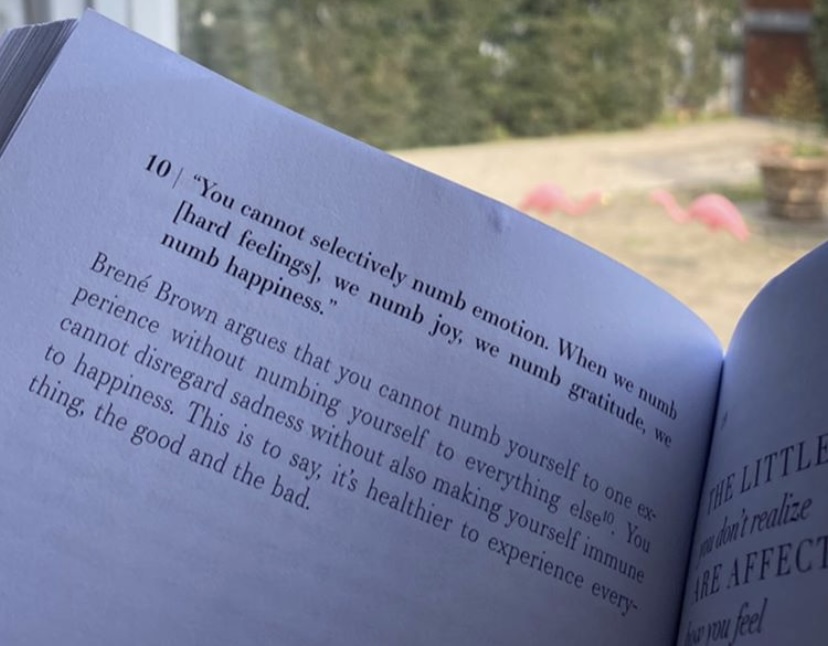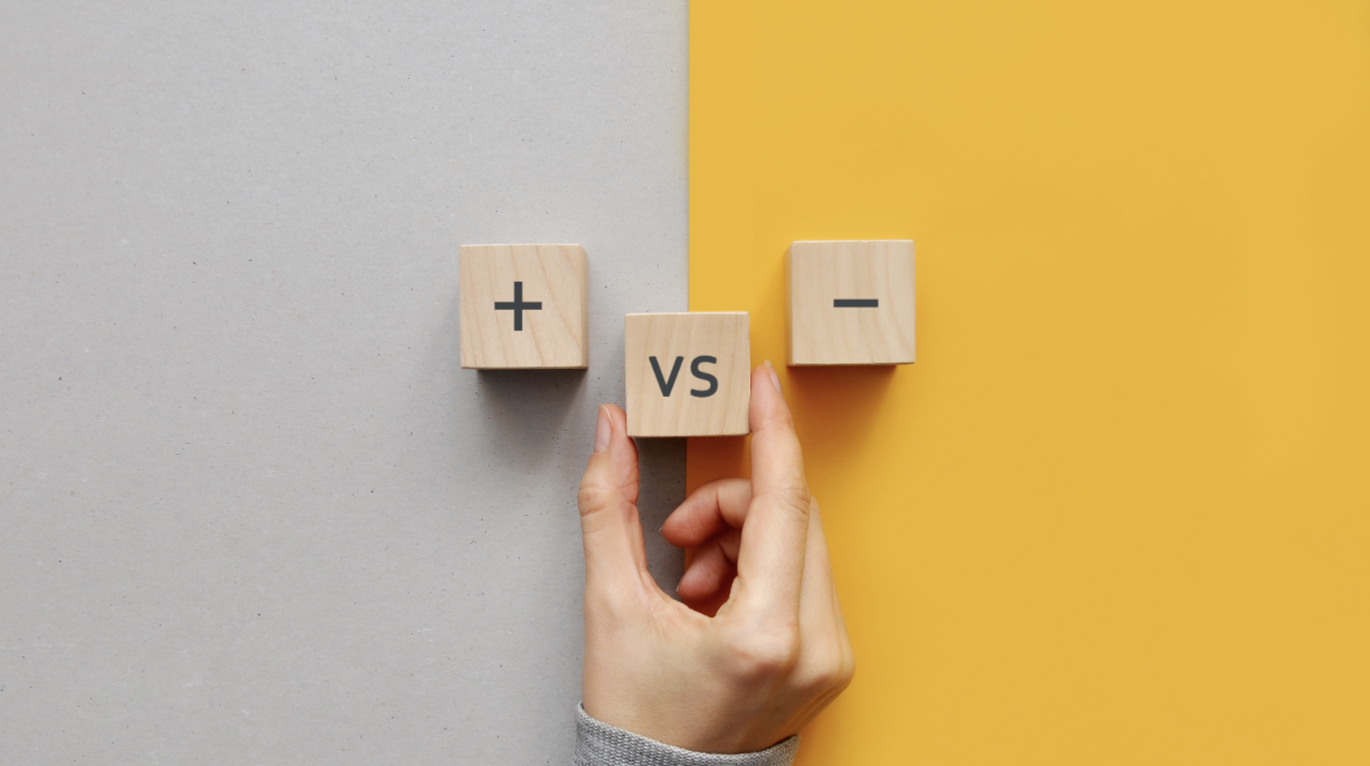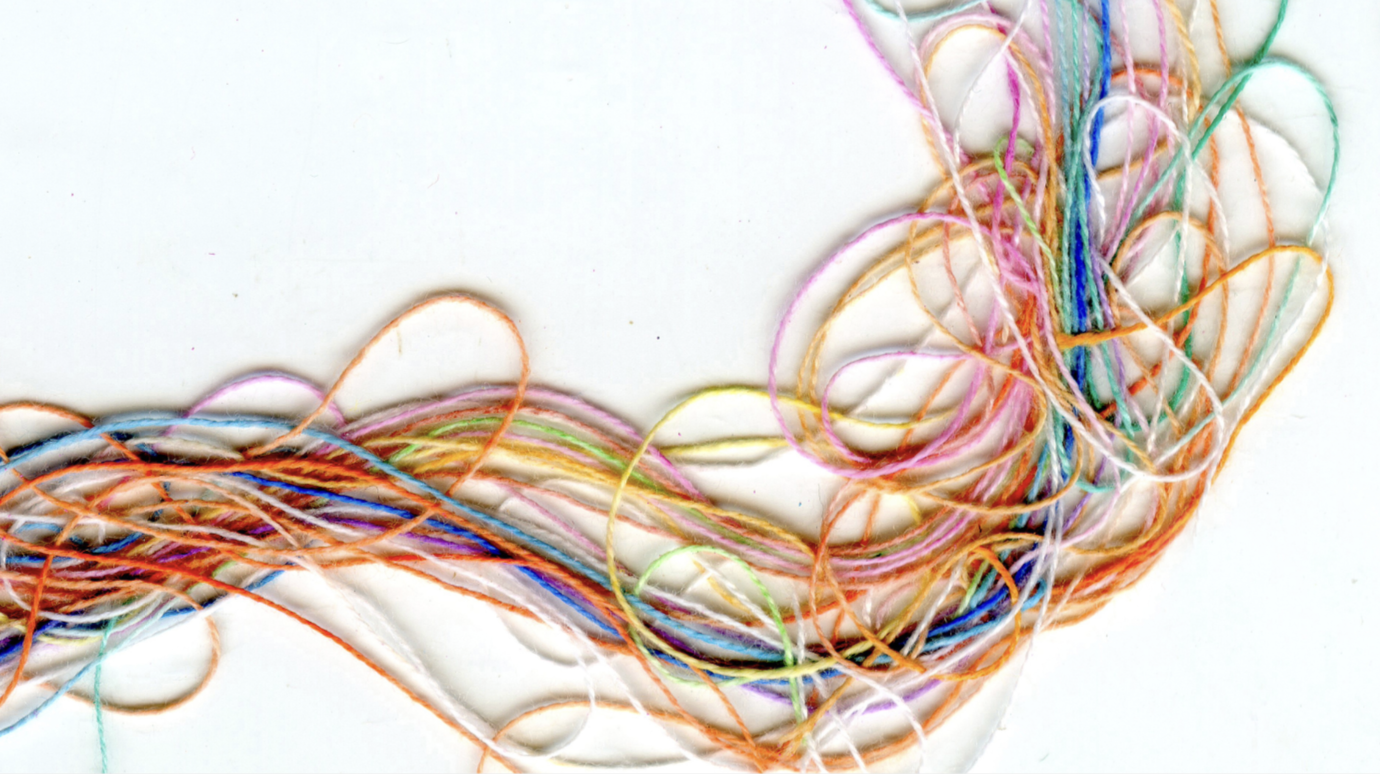Growing up, I was extremely sensitive. I was hurt easily, and I didn’t know how to manage my emotions. I remember praying so I wouldn’t feel. From a young age, I was so scared; my dream was to be numb and to have a heart of ice.
Somewhere along the line, my prayers seemed to be answered. I became numb, a hollow shell devoid of the highs and lows that define the human experience. But with numbness came a startling realization: I wasn't truly living. I wasn't authentically happy or genuinely sad. I was merely existing, a bystander in my own life.
It was a simple quote that jolted me out of my emotional stupor: "When you block 'bad' emotions, you also block 'good' emotions." Suddenly, it clicked. Emotions weren't to be feared or suppressed; they were to be embraced, for they were the essence of being alive. I embarked on a journey of self-discovery, exposing myself to uncomfortable situations and learning to sit with my emotions, both pleasant and painful.
Years later, a profound truth echoed in my sister's words: "All emotions are valid." It was a revelation that changed my perspective entirely. Emotions weren't inherently good or bad; it was how we chose to respond to them that mattered. As Viktor Frankl famously said, "One of our greatest freedoms is how we react to things." I realized that understanding and accepting my emotions was the key to mastering my reactions and, ultimately, my life.
In my quest to help others navigate their emotional landscapes, I stumbled upon what I call "The Pill Analogy." Just as we recognize physical symptoms to determine which medicine to take, so too can we identify emotional cues to choose the appropriate coping mechanisms. Experimentation becomes the key, as we try different strategies to see what resonates with us in each scenario. But at the core of it all lies the necessity of self-awareness, knowing ourselves so intimately that we can decipher the language of our emotions.
As we journey through life, our emotions often take a backseat to our myriad responsibilities and societal expectations. We tell ourselves we don't have time to feel, that we can't afford to be vulnerable, that others have it worse. But in doing so, we deny ourselves the very essence of our humanity. Our emotions are not a burden to be borne; they are a gift to be cherished, a testament to our capacity for love, joy, sorrow, and everything in between.
In the end, our emotions and our reactions to them are what define us as individuals. They are the threads that weave the tapestry of our lives, imbuing it with color, depth, and meaning. So let us embrace our emotions, let us feel them fully and unabashedly, for in doing so, we embrace the richness of the human experience.



